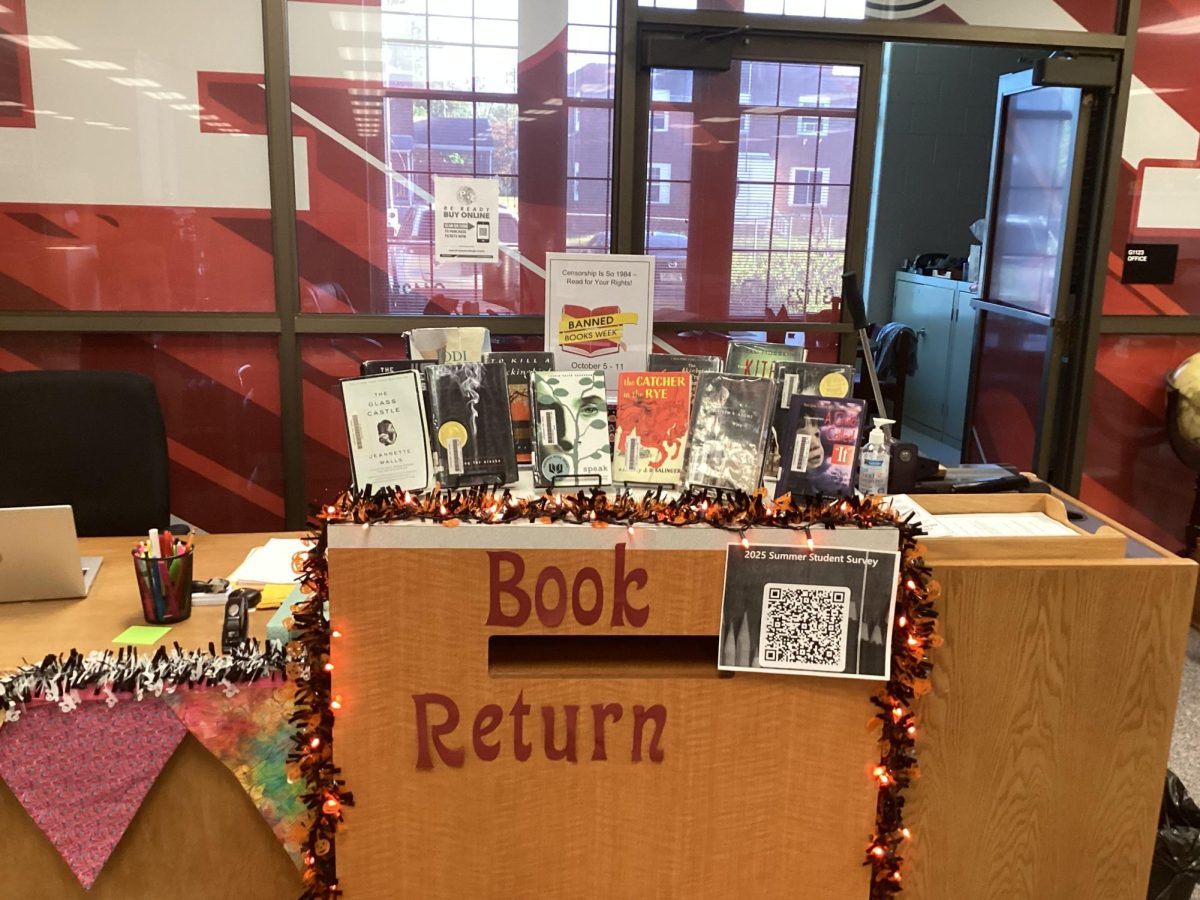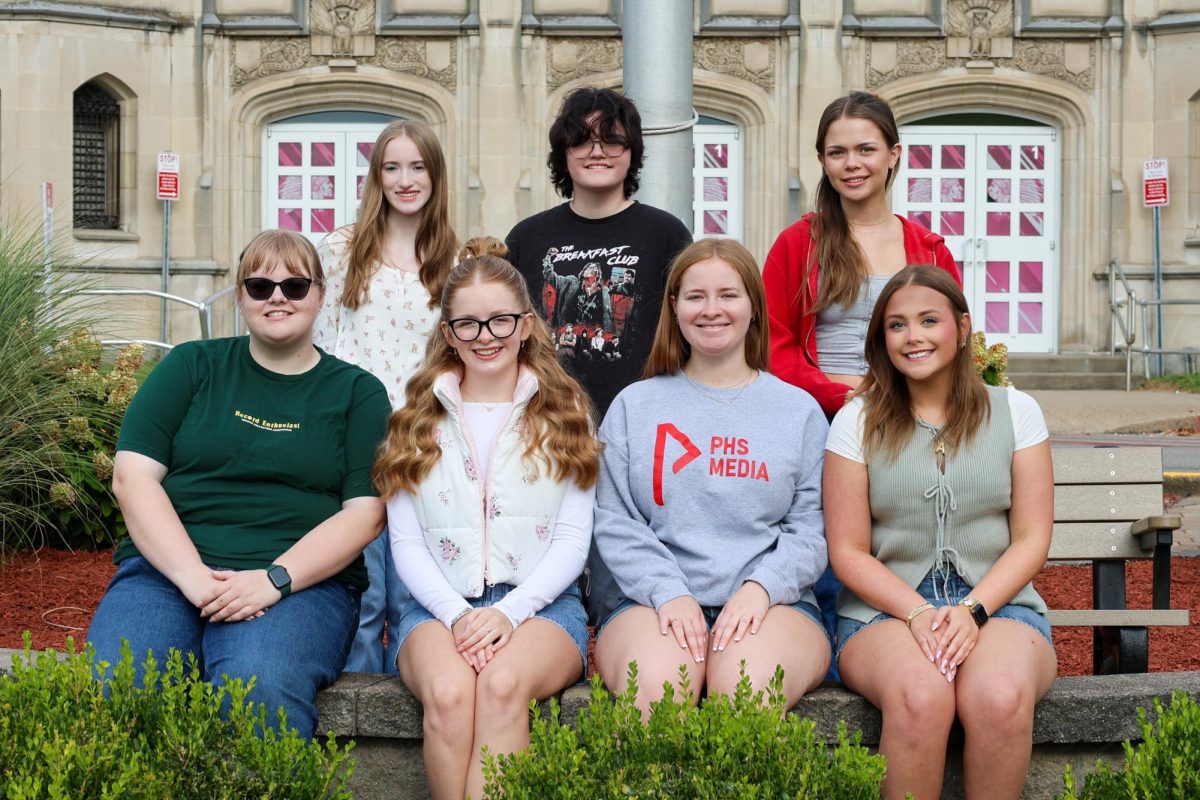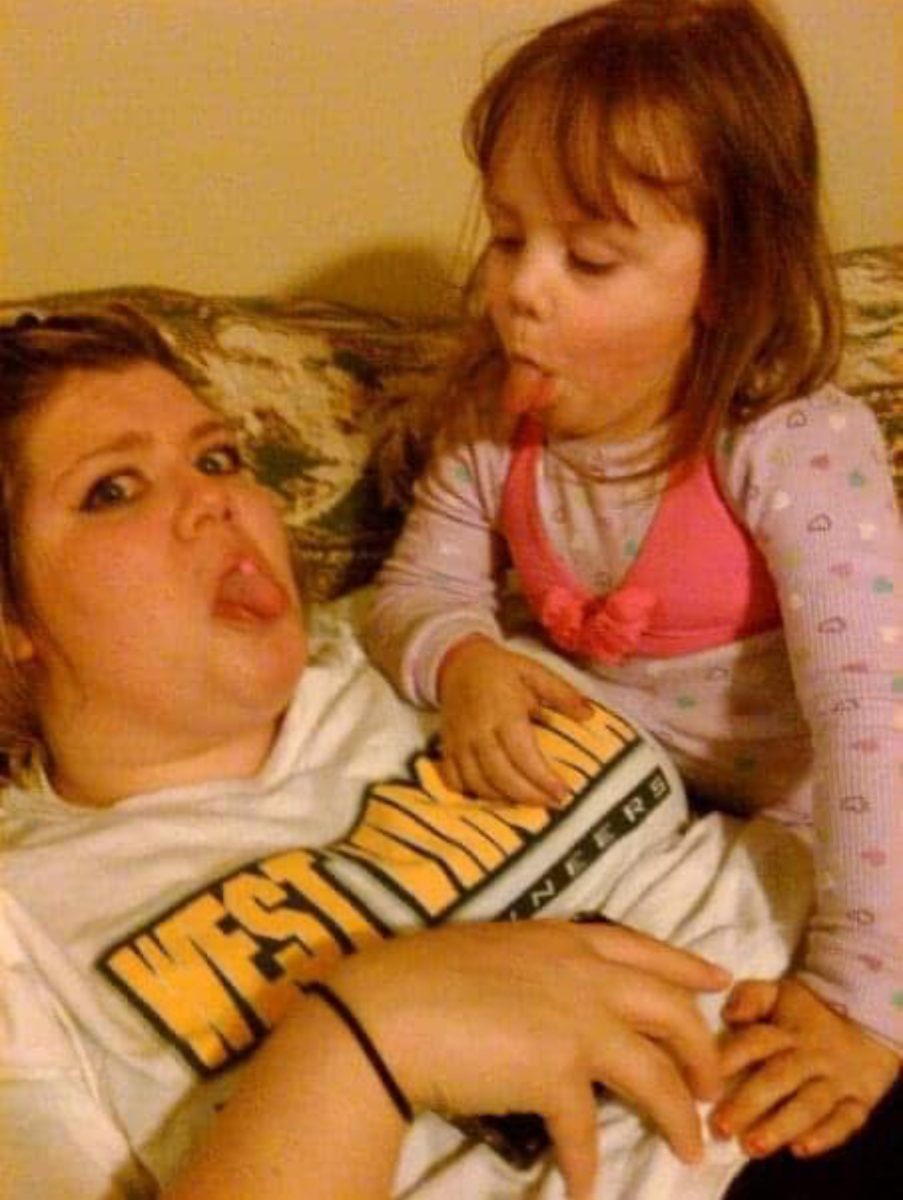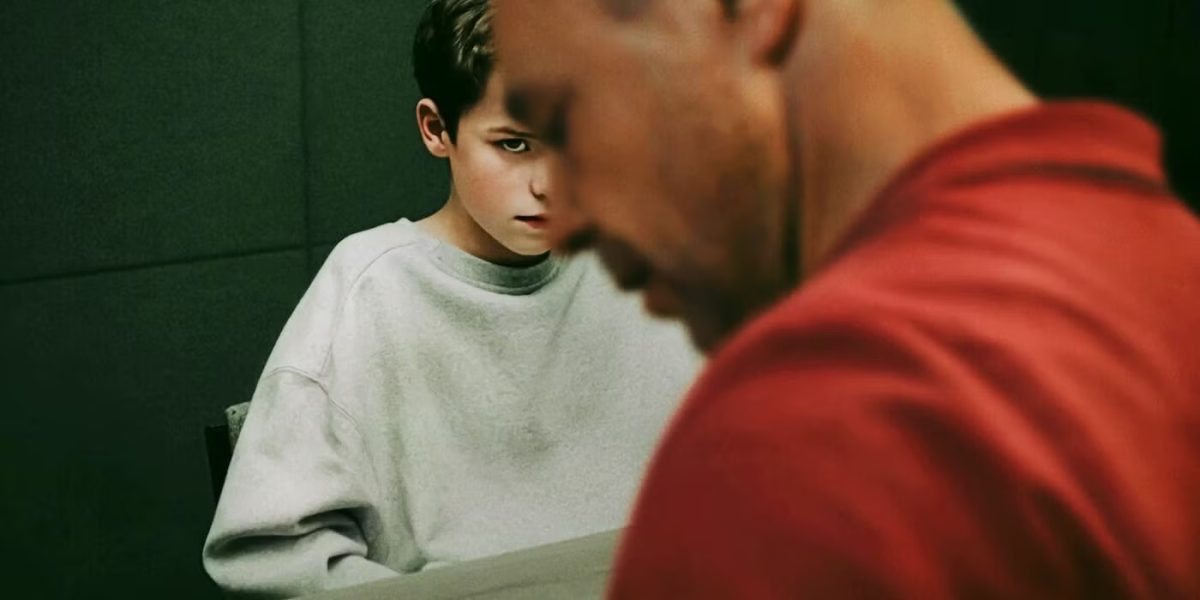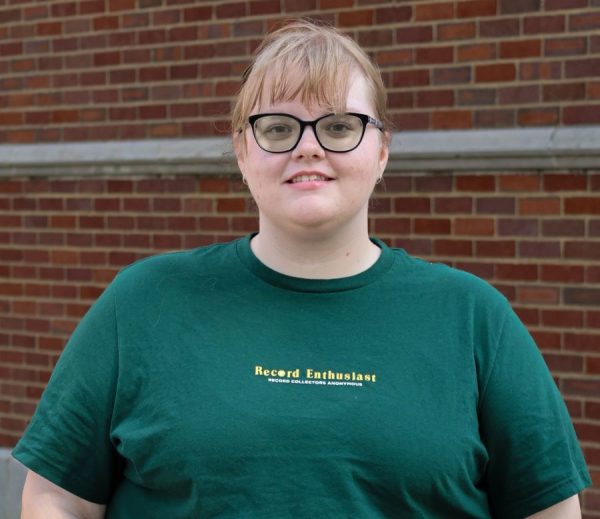According to PEN America, the number of books challenged or banned in public school districts has risen “exponentially” since 2023. With 6,870 books banned or challenged during the 2024-25 school year and 10,046 in the 2023-24 school year, there is a major censorship problem happening in America.
“Banning books will not make the ideas within them disappear, nor will it end the controversial topics and discussions that surround them,” librarian Sheena Dotson said. “Books help people understand different perspectives and challenges, even if or when someone disagrees with the narrative.”
High school students should have the ability to choose what they want to read. When books are removed from public spaces, it is an attack of students’ rights and is a violation of the First Amendment, which protects the rights of speech and press and allows citizens to receive information and read what they want.
“I am not sure what someone can do to support books not being banned but you can support the actual books and authors,” English teacher Andrew Moore said. “I would suggest reading; if a book is read, it has life. Read these books. Chances are, they are full of exciting and new ideas.”
Here in Parkersburg, we are lucky to have our public libraries and librarians that fight for books to not be removed from our libraries. After a 2023 police case that tried to ban “Lets Talk About It” by Erika Moen and Mathew Nolan; “Sex Criminals Volume Two: Two Worlds One Cop” by Malt Fraction and Chip Zdarsky; “This Book is Gay” by Juno Dawson; and “It’s Perfectly Normal” by Robie Harris, from the Wood County Public Library, it was decided that the books did not have to be removed because of our local librarians standing up for the books and the library.
“Let’s be honest, parents provide their kids with smart phones where any knowledge about any topic in the world, good or evil, can be easily found,” English teacher Connie Colvin said. “So banning books from libraries really isn’t going to keep them from that knowledge or exposure.”
As students we can also do our part in helping against this injustice by speaking out and reading the books that have been banned or challenged.
“Students can play an important role when it comes to not banning books. Staying informed and understanding the argument is step one,” Colvin said. “ Students can speak out, use social media, sign petitions, and support libraries and teachers when it comes to the topic of banned books.”

